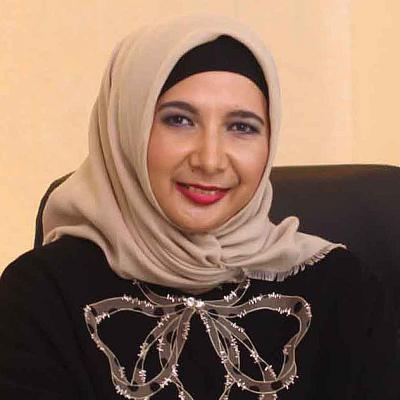20 July 2-21
Through his Twitter account, President Joko Widodo said that until early July 2021, the Covid-19 vaccination in Indonesia had reached 42 million doses. With targets in July 34 million doses, August 43.7 million, September 53 million, October 84 million, November 80.9 million, and December 71.7 million. Thus, it is hoped that 67% or of the Indonesian population will have been vaccinated by the end of 2021 and that herd immunity can be achieved.
For Indonesia, with a population that ranks fourth in the world, the fulfillment of vaccines for its citizens is certainly a problem in itself. It takes a lot of money to achieve this herd immunity target . Therefore, since the beginning, Indonesia has pushed for equal access to vaccines for all countries. As stated by the Minister of Foreign Affairs Retno Marsudi, “Indonesia supports the abolition of the Covid-19 vaccine patent in order to boost the world’s production capacity for vaccines.”
With the abolition and/or suspension of vaccine patents, countries can produce their own COVID-19 vaccines more quickly. Because all this time there has been a patent dispute that has hampered the distribution of vaccines. Normally, a patent holder can control the amount of distributions to who the recipients and reproduce this effect on the rights (Copyright) , industrial design, and related rights. The suspension of this vaccine is primarily to make regulations related to WTO trade Intellectual Property more flexible, so that more countries are able to vaccinate their citizens more quickly. The vaccines are Pfizer-BioNTech, AstraZeneca-Oxford, Johnson & Johnson, Moderna, Sinopharm, and Sinovac.
Indeed, patenting a vaccine is a breakthrough step to get a lot of economic benefits from the number of laboratories that need it, for distribution and research. But as previously mentioned, the distribution process will take longer.
In Indonesia in Articles 109-120 of Law no. 13 of 2016 concerning Patents (Patent Law), mandatory licenses and the implementation of patents by the government have been regulated where the Patent Law states that the government can apply patents without permission from the patent holder in urgent situations, including to produce pharmaceutical and/or biotechnology products whose prices are high. expensive and/or necessary to treat diseases that can cause sudden death in large numbers, cause significant disability, and constitute a Public Health Emergency of World Concern (KKMMD). Thus, drug inventors will still get economic rights and their creations are protected.






